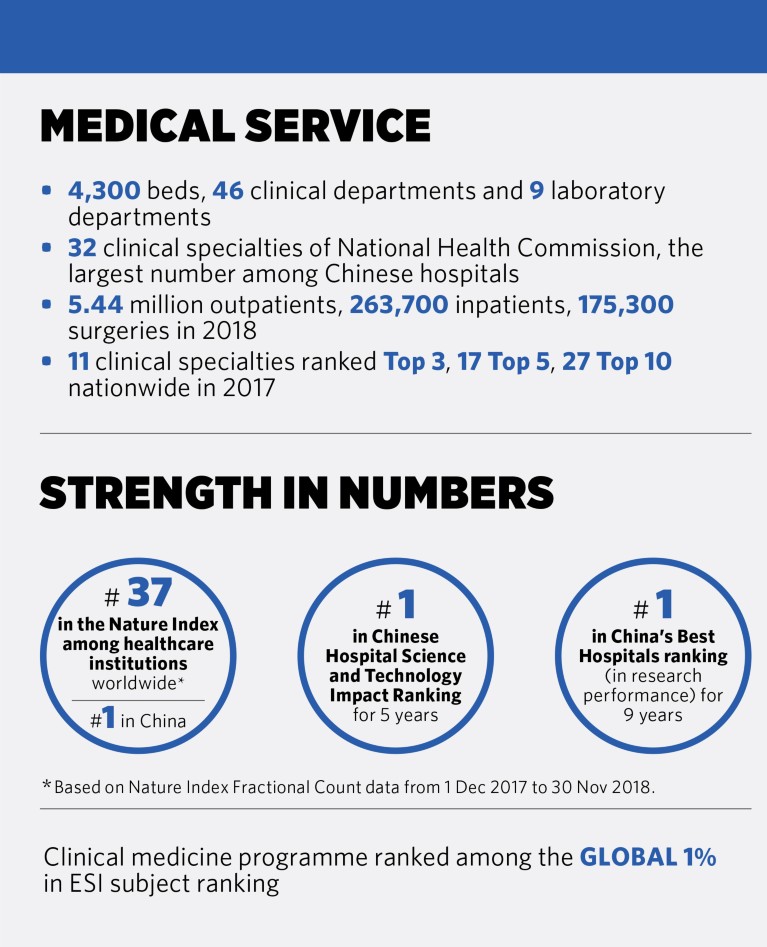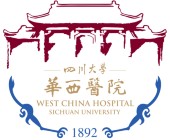
Credit: West China Hospital of Sichuan University
As the first to trial the CRISPR-Cas9 technology on patients, the West China Hospital in Chengdu signalled its innovative spirit and capacity to break new ground. The gene editing tool has been shown to have great potential for cancer treatment.
The late-stage lung cancer trial involved taking immune cells from patients’ blood, modifying genes in the cells using CRISPR-Cas9, multiplying their number, then reintroducing the modified cells to the bloodstream, enhancing patients’ immune systems. The innovation was a result of West China Hospital’s emphasis on quality research and integration of basic and clinical research.
Emerging from hospitals founded by Christian missionaries from the US, UK and Canada in 1892, West China Hospital, an affiliate of Sichuan University, is now a national centre offering comprehensive medical services, advanced medical education, and undertaking first-class basic and clinical research.
The 21 national, ministerial, or provincial research platforms or key laboratories are West China Hospital’s research foundations. Among them, the State Key Laboratory of Biotherapy (SKLB), focusing on the use of biologics to treat diseases, is a leader in translational research. Leveraging the university’s interdisciplinary resources in medicine, pharmacy, biotechnology, chemistry and material science, it has developed a complete set of technologies, covering gene identification, drug development, pilot production, preclinical safety evaluation, and clinical care. Its chain of technologies is highly integrated, enabling efficient bench-to-bed translation.
To address technical issues and support all essentials in developing biotherapies for major diseases, a 1 billion RMB investment was made to fund research at West China Hospital by building world-class research infrastructure integrating multi-functional platforms for translational research. Expected to open in 2020, this national-level big research facility will span 100,000 square metres and allow 2,500 researchers to conduct innovative explorations.
Moreover, approved by the Ministry of Education, a frontier research centre on molecular networks was established in 2018 to tackle malignant tumours. It will use the hospital’s big data on patient cohorts, bio samples, diagnostic and treatment information to explore diseases. It aims to lead the way in precision medicine and improve clinical research capacities.
With cutting-edge facilities and specially-allocated research funds of 500 million RMB per year, West China Hospital is looking for top talents from home and aboard to join. There are plans to recruit 100 to 150 talented young scientists from across the globe in the next five years to introduce new energy into the research landscape.



